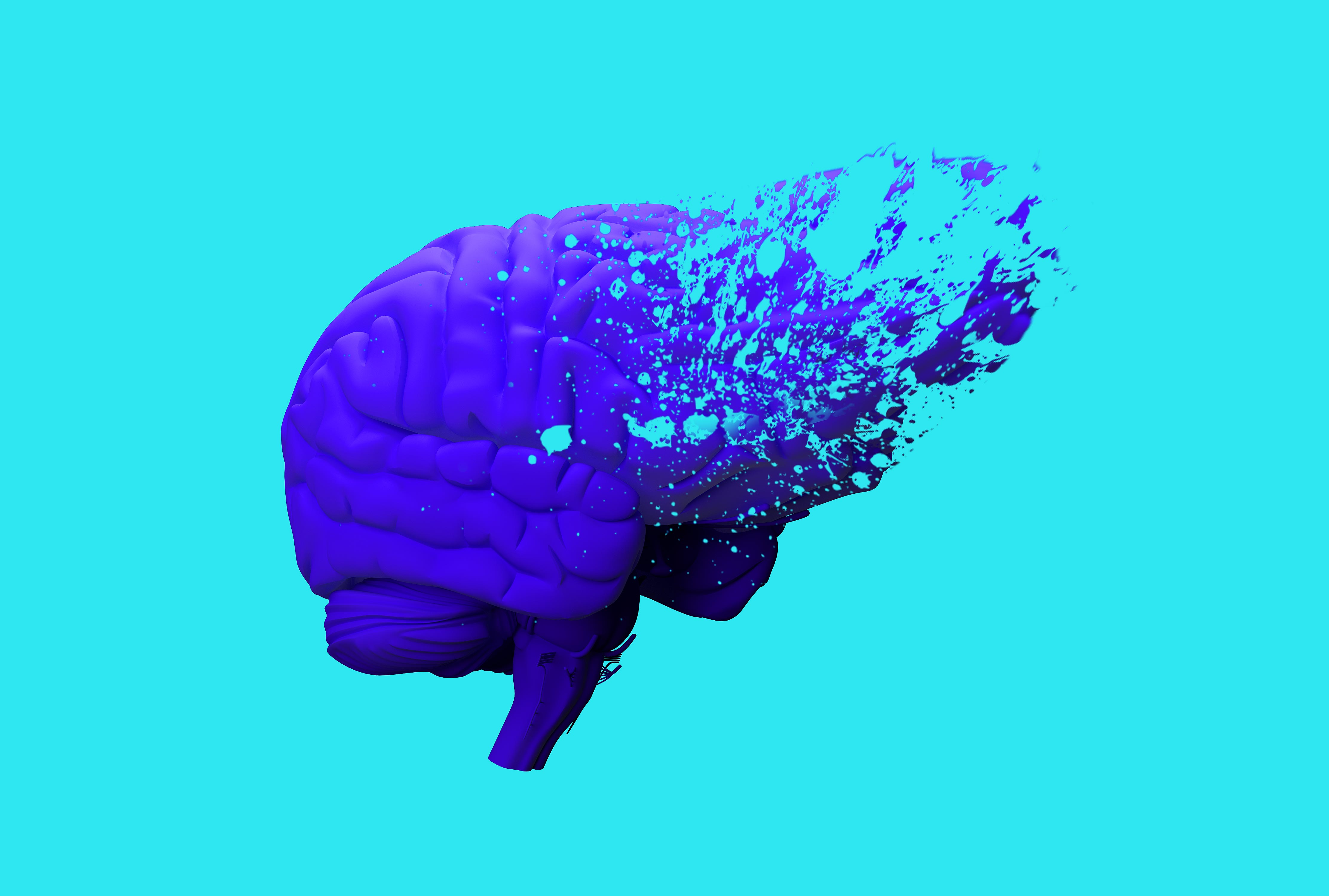The Signs of Dementia Versus Old Age

Getting older is great. Until you reach the age of about 25.
Upon reaching this milestone, it's a slow decline, as muscles begin to ache, you start to slow down and you no longer understand what "the kids" are saying.
However, there comes a time when we all inevitably cross from adulthood into the dreaded period colloquially known as "old age." This is when our peak has clearly passed and we've lived longer than the time we have left. Hips need replacing, canes are necessary and bathroom trips are more frequent. We might find ourselves calling our grandchildren by the wrong names.
Things ain't what they used to be, as they say. Our minds won't be as sharp. Sex won't be quite so acrobatic. The latest music will sound terrible. And no one listens to us anymore.
This is all a normal part of aging. But with age also comes concerns about your physical and mental health. Near the top of that list is dementia.
It's not just one single thing
Dementia is one of those medical terms often thrown around in blasé fashion whenever someone has a "senior moment." However, there are all kinds of conditions that need to be met to diagnose someone with dementia.
Dementia is the term used when someone experiences a confluence of impairments of at least two brain functions, meaning they could experience a combination of memory loss and poor judgment, or declining social skills and impaired problem-solving. Any one of these conditions individually does not equate to dementia.
There are more than 400 different types of dementia. It is not a disease in itself; conditions like Alzheimer's disease can cause it. When different types of dementia are present, a patient is said to have mixed dementia.
It can be difficult, and perhaps a bit frightening, to identify and differentiate between symptoms of dementia and symptoms of getting older.
"It's almost universal that people go into a room and forget why they were there, or people try to remember the name of an actor and can't think of it," explained Cynthia Munro, Ph.D., an associate professor at Johns Hopkins University in Baltimore. "That's such a common complaint."
She acknowledged it's less common and more concerning if people start to forget recent events, repeat things to themselves over and over, or fail to remember telling another person something, especially if these occurrences hadn't already been a problem throughout their life.
"The most common cause of dementia in people over 65 is Alzheimer's disease," Munro said. "There are certainly other things that can cause dementia, but the early symptoms of Alzheimer's disease involve memory, [such as] the memory of recent events starting to decline."
Along with memory decline, Alzheimer's disease and other forms of dementia often affect mood and personality. People become more easily agitated or depressed; they hide things or accuse others of hiding them; they pace and wander away from home; and they may exhibit strange or unusual sexual behavior.
According to the National Institute on Aging, changes in sexuality in Alzheimer's patients can fluctuate between incredibly low self-esteem and clinginess, and intense hypersexuality, frequent masturbation and attempts to seduce others.
These changes can go unnoticed or unacknowledged by the person experiencing them, making it even more difficult to assess the severity of the issue or provide treatment.
"It's really important to ask people who know the patient well," Munro said. "Typically, a spouse is the best person to ask, usually because they've known this person forever. That can really give you a lot of insight into how much a person's changed."
Still, watching a loved one change due to disease is incredibly difficult, no matter how much we acknowledge it is the disease determining their behaviors and not something under their control.
Modern science has only recently begun to understand dementia and Alzheimer's. Despite having no cure, we are becoming aware of some of the factors that can contribute to the development of these diseases. Understanding and limiting these factors while young could potentially help to reduce the risk of developing the conditions later in life.
Reducing the risk now
Munro is especially interested in the link between stress and the development of Alzheimer's disease. She's doing a study on how people with Alzheimer's react to stressful situations.
"We know that people who are prone to experience situations as stressful—high-stress individuals, not people who are necessarily under a lot of stress, but people who tend to be sensitive to stressful situations—are more likely to develop Alzheimer's disease," she said.
The general understanding of this link is still in the early stages, but exploring the possible correlation could provide significant insight into the nature of the disease and how to prevent it or, at the very least, reduce the risk of developing it.
Stress affects our physical health as much as it affects our mental health, both short and long term. Because of this, it shouldn't be too surprising that it plays a role in the development of dementia. Even if it didn't help lower the risk of dementia, discovering ways of reducing stress benefits everyone for a plethora of reasons.
Stress affects our physical health as much as it affects our mental health, both short and long term.
So how do we do it?
"I think a huge one for people that has been very, very important is practicing things like deep-breathing exercises," said Leah Walker, Ph.D., a therapist based in Texas. "Daily exercise, as much as no one wants to hear it, really is very helpful."
Additionally, being aware of sleep patterns and sleep hygiene can make a huge impact on how we handle stress, Walker said.
"If you've had eight hours of sleep and you're faced with a stressful day at work, you'll handle it much better than if you've only had three hours of sleep," she said. "There's no way around that. You're just going to do better."
Of course, maintaining a healthy weight, participating in regular exercise and eating a proper diet are the "golden rules" of addressing any health-related issue.
Another habit worth breaking is "doom scrolling," or spending excessive amounts of screen time feeding on mostly negative news.
"Don't doom scroll," Walker offered. "It's just going to make you feel worse. You're not going to be able to change most of the things you read about. It's really harmful."




















